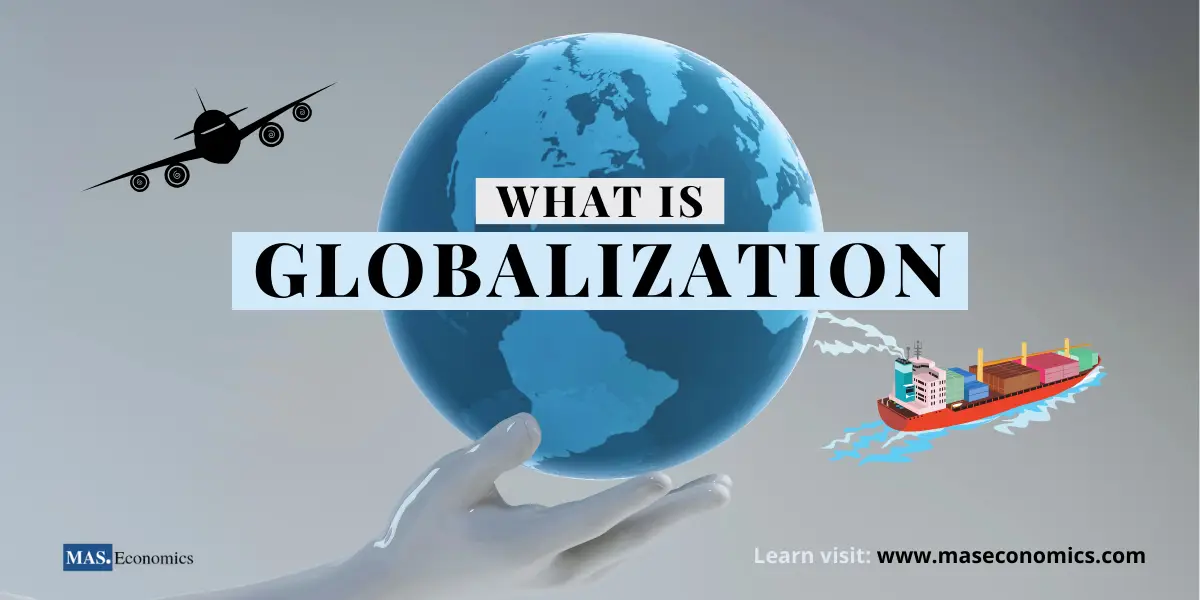GLOBALIZATION GUIDING QUESTIONS
1. Social and Economic Demerits of Globalization in Tanzania
Five Social and Economic Demerits:
- Cultural Erosion: Western cultural values often overshadow local traditions, leading to loss of indigenous knowledge and practices.
- Income Inequality: Globalization benefits urban elites more than rural populations, widening the wealth gap.
- Job Insecurity: Local industries struggle to compete with multinational corporations, leading to job losses in sectors like textiles.
- Dependency: Tanzania becomes dependent on imported goods and foreign aid, undermining self-sufficiency.
- Environmental Degradation: Exploitation of natural resources by foreign companies often occurs with inadequate environmental safeguards.
Case Example: The textile industry in Tanzania collapsed due to competition from cheap Asian imports, resulting in over 30,000 job losses in the 2000s.
2. Six Merits of Globalization to Tanzania
Key Benefits:
- Technology Transfer: Access to modern technologies in sectors like mobile banking (M-Pesa) and healthcare.
- Foreign Direct Investment: Increased FDI in mining, tourism, and infrastructure development.
- Market Expansion: Tanzanian products like coffee and tea gain access to global markets.
- Improved Infrastructure: Globalization-driven projects like the Standard Gauge Railway.
- Knowledge Exchange: Educational opportunities through international partnerships in universities.
- Tourism Growth: Global marketing of Tanzania's wildlife and beaches boosts tourism revenue.
Statistical Insight: FDI inflows to Tanzania grew from $1.1 billion in 2010 to over $3.5 billion in 2020, largely due to globalization effects.
3. Five Prerequisites for Effective Economic Integration
Essential Requirements:
- Political Stability: Member states must have stable governments committed to the integration process.
- Harmonized Policies: Alignment of trade, fiscal, and monetary policies across member states.
- Infrastructure Connectivity: Adequate transport and communication networks between integrated regions.
- Common Legal Framework: Shared regulations for trade, investment, and dispute resolution.
- Complementary Economies: Member states should have economic structures that can benefit from specialization.
Regional Example: The East African Community (EAC) demonstrates these prerequisites through its customs union and common market protocols.
4. Opportunities Presented by Globalization to Developing Countries
Six Key Opportunities:
- Access to Global Markets: Tanzanian farmers can export directly to international buyers through digital platforms.
- Skill Development: Exposure to global best practices in various professional fields.
- Remittance Inflows: Tanzanian diaspora contributes significantly to the economy ($569 million in 2020).
- Healthcare Improvements: Access to global health initiatives and medicines (e.g., PEPFAR for HIV treatment).
- Cultural Exchange: Promotion of Tanzanian arts and music on global platforms.
- Climate Change Solutions: Participation in global environmental programs with funding opportunities.
5. Advantages of Privatization in Tanzania
Five Key Advantages:
- Improved Efficiency: Former state-owned enterprises like Tanzania Breweries became more competitive.
- Government Revenue: Sale of assets generated funds for development projects.
- Service Quality: Sectors like telecommunications saw dramatic improvements post-privatization.
- Job Creation: New private investments created employment opportunities.
- Technology Transfer: Private companies introduced modern technologies and management practices.
Case Study: The privatization of Tanzania Telecommunications Company (TTCL) led to the mobile revolution with companies like Vodacom and Airtel entering the market.
6. Six Effects of Globalization in Tanzania
Additional Impacts Beyond Moral Decay:
- Urbanization: Rapid growth of cities like Dar es Salaam due to rural-urban migration.
- Dietary Changes: Increased consumption of processed foods leading to health issues.
- Language Shift: English becoming dominant in business and education sectors.
- Labor Migration: Both inbound (Chinese workers) and outbound (Tanzanians to Gulf states).
- Intellectual Property Issues: Challenges in protecting local innovations and traditional knowledge.
- Media Influence: Global media shaping local perceptions and consumer behavior.
7. Negative Socio-Economic Consequences in Tanzania
Six Key Consequences:
- Deindustrialization: Closure of local factories unable to compete with imports.
- Brain Drain: Skilled professionals migrating for better opportunities abroad.
- Commodity Price Volatility: Global market fluctuations affecting agricultural exports.
- Land Grabbing: Foreign investors acquiring large tracts of agricultural land.
- Social Stratification: Creation of globalized elite vs. marginalized majority.
- Debt Dependency: Increased borrowing to finance globalization-adjustment projects.
Example: The 2013 "Kilimo Kwanza" policy faced challenges due to competition from subsidized agricultural imports.
8. Six Strategies to Mitigate Globalization Challenges
Rescue Measures:
- Strategic Protectionism: Temporary safeguards for emerging industries.
- Local Content Policies: Mandating use of local labor and materials in foreign projects.
- Diaspora Engagement: Tapping into Tanzanian professionals abroad for knowledge transfer.
- Education Reform: Aligning curricula with global skills demands while preserving local values.
- Regional Integration: Strengthening EAC partnerships for collective bargaining.
- Digital Sovereignty: Developing local digital platforms to counter foreign dominance.
Success Story: Tanzania's local content policy in the natural gas sector increased local participation from 5% to 35% within five years.
9. Five Forces Creating the Global Village
Unifying Forces:
- Digital Communication: Internet and social media enabling instant global connectivity.
- Economic Interdependence: Global supply chains linking national economies.
- Multilateral Institutions: UN, WTO, and IMF creating frameworks for global cooperation.
- Climate Change: Shared environmental challenges requiring collective action.
- Cultural Diffusion: Global spread of ideas, art, and entertainment through media.
Illustration: During COVID-19, Tanzania participated in global vaccine initiatives (COVAX) while also sharing traditional medicine approaches internationally.


No comments
Post a Comment